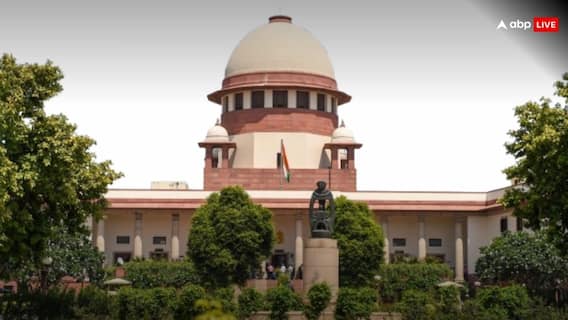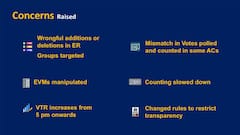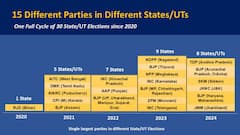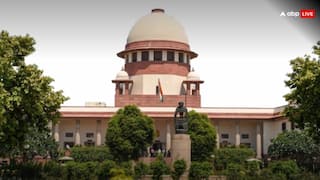Byju's 'Buying' Phone Numbers Of Children And Their Parents, Threatening Them: Child Rights Body
Edtech platform Byju's is allegedly threatening parents and children into buying the company's products, the National Commission for Protection of Child Rights.

The National Commission for Protection of Child Rights (NCPCR) on Tuesday said it had received complaints that edtech company Byju's is allegedly threatening their customers. Byju’s allegedly bought phone numbers of children and their parents and scared them into buying their courses.
News agency ANI quoted NCPCR chairperson Priyank Kanoongo as saying: “We came to know how Byju's buying phone numbers of children and their parents, rigorously following them and threatening them that their future will be ruined. They're targeting first-generation learners. We'll initiate action and, if needed, we’ll make write to the government.”
The commission had summoned Byju's CEO Byju Raveendran on December 23 over the alleged unethical business practice of hard-selling and misselling of its courses, reported Hindustan Times.
The NCPCR’s action was based on a news report that Byju’s was indulging in unethical practices to coax parents to buy their courses for their children. The panel said that according to the news report, Byju’s was tricking customers to sign loan-based agreements for courses. The amount may not be refunded if customers wished to terminate the classes.
The NCPCR had issued a statement, saying: "As the Commission has come across a news article wherein it has been pointed out that the sales team of BYJU'S is indulging in malpractices to lure parents to buy their courses for their children. lt has also been mentioned in the news report that some customers have also claimed that they were exploited and deceived, and had put their savings and futures in jeopardy."
"Under Section 14 of CPCR Act,2005, the Commission has all the powers of a Civil Court trying a suit under the Civil Procedure Code, 1908 and particular, in respect of the following matters- (a) summoning and enforcing the attendance of any person and examining him on oath; (b) discovery and production of any document; (c) receiving evidence on affidavits; (d) requisitioning any public record or copy thereof from any court or office; and (e) issuing commissions for the examination of witnesses or documents," it added.
Trending News
Top Headlines






































